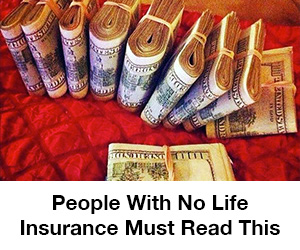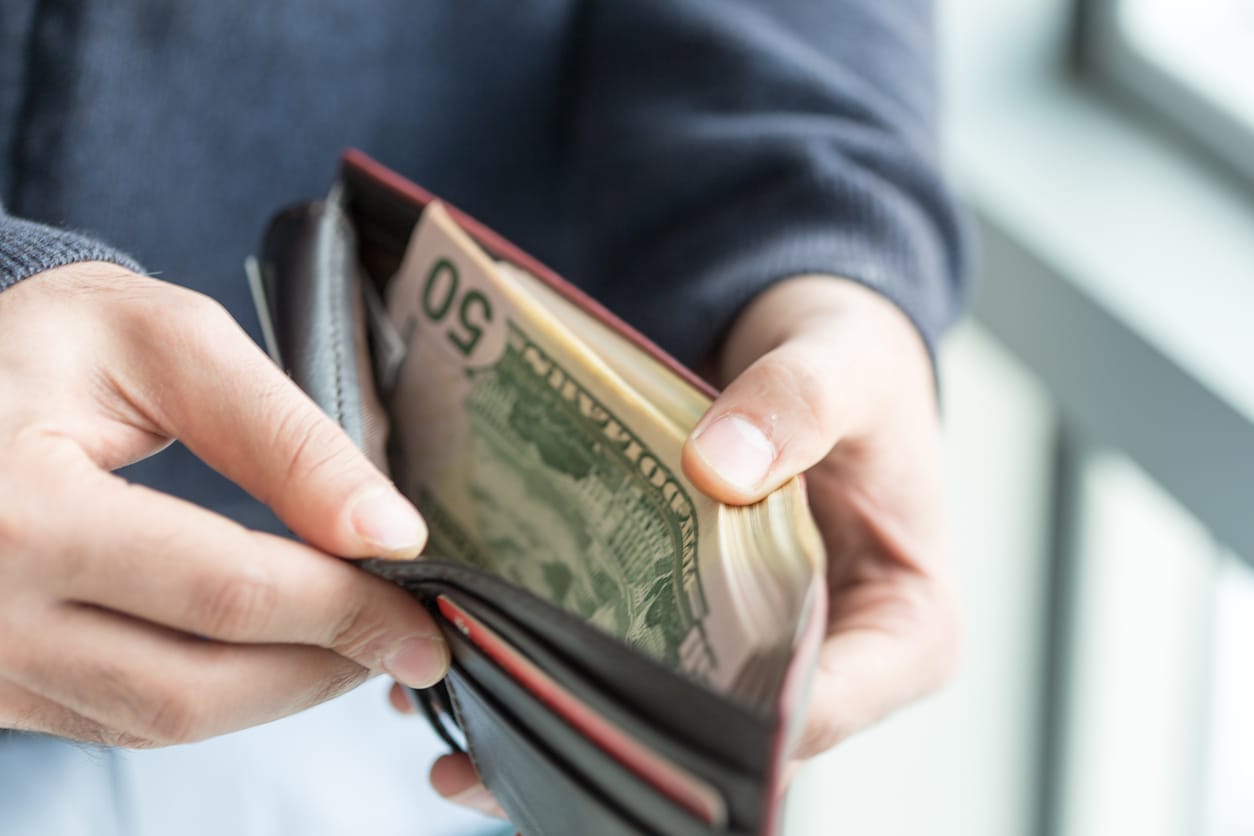Is It OK to Pay Off Your Credit Card Debt with Your Emergency Savings?

Compound interest is something that nobody wants to pay. It’s tempting to pay off your credit card debt in full to avoid nasty interest rates – but can you really afford it? Emergency savings, after all, are to be spent during emergencies. So, is it OK to pay off your credit card debt with your emergency savings?
This is the exact question that a TwoCents reader asked:
“I have $2000 credit card debt at 6.9% and $4000 in savings. Should I just pay off my credit card debt in full, or continue to make payments every month and build up my savings account more? I own a home and am worried about having extra cash on hand in case something breaks.”
Some financial experts offered up their advice to this particular reader. But, if you want personalized advice it’s best to talk to a financial planner.
Make Short-Term Sacrifices
Patricia Stallworth, a money coach and host of the Minding Your Money 360 podcast explains, “Given the amount of the debt and savings you have, I would not recommend that use your savings to pay off your credit card debt in full.”
“Doing so would severely reduce your savings and leave you vulnerable if you had an emergency,” she continues.
Instead, Stallworth recommends stopping using your credit card until your debt is under control. Just make sure to pay back more than the minimum credit card payment. It’s a great idea to increase your cash flow with a side-gig, or hold back on your spending for a few months.
“In this case, $200 a month would pay off this debt in less than a year,” she says. “You have an opportunity to eliminate your debt and keep your savings, and you can do it in short order. But it may require some diligence and determination on your part.”
Attack Your Debt
The national average credit card rate tops 16% APR, so 6.9% is fairly low, as is $2,000 in debt. Certified financial planner, Ilene Davis, suggests a similar approach though she suggests a more aggressive tactic for attacking the debt.
“What I would recommend to this client is to buy nothing that is not ‘life critical’ until the debt is gone, and then pay $150 per week before spending money on anything other than bills and basic necessities,” says Davis. “The debt would be gone in four months, and if this person is wise, they will then invest at least $100 of that $150 to start building wealth while having $50 per week to spend on more fun stuff.”
By keeping your emergency fund intact you’ll remain better equipped for possible future home emergencies.
















